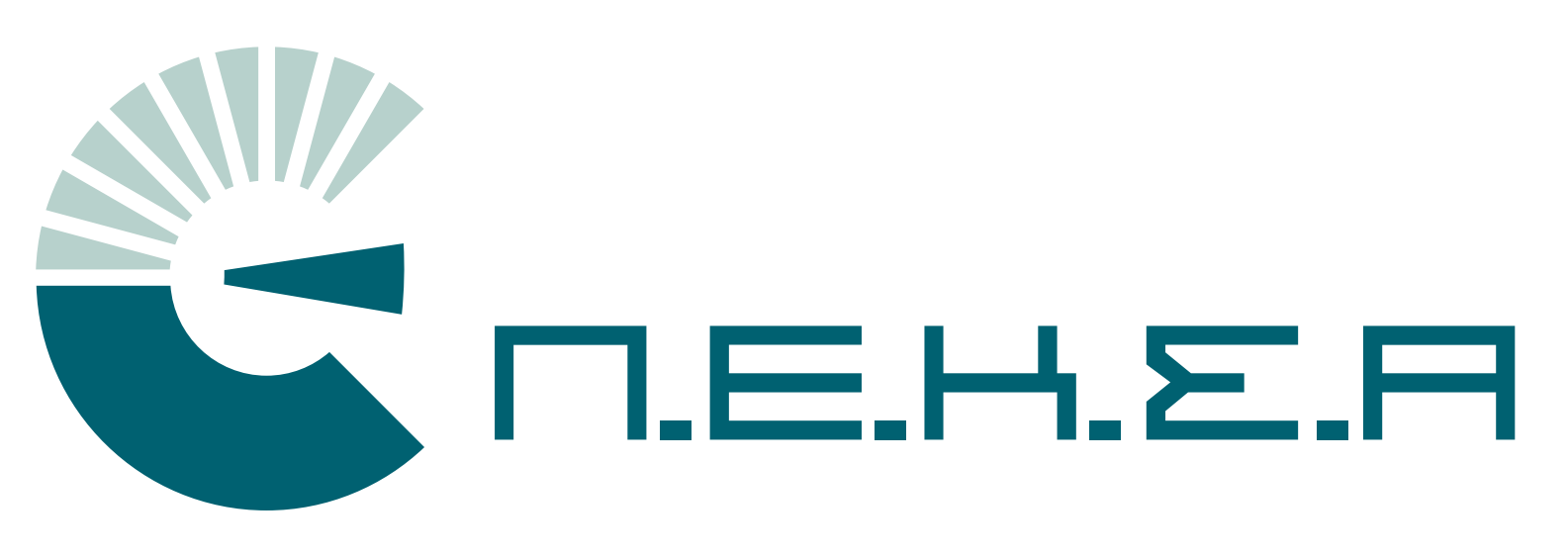The Continugee Project is granted by the Hellenic National Agency (IKY) via the European Commission. The Coordinator of the Project is National and Kapodistrian University of Athens, Greece and the consortium is consisted of the Scientific Society for Social Cohesion and Development, (EPEKSA), Greece, Fachhochschuele Kiel, Germany and University of Urbino, Italy. The Continugee Project is a three-year KA2 Erasmus+ Strategic Partnership in the field of Strategic Partnerships for school education.
The “Continugee” project specifically aims at creating a partnership,
- taking into account the present condition of refugee children and adolescents from the reception areas to the places of “permanent” settlement,
- study best practices for the above-mentioned issues,
- develop a needs-based curriculum and an in-service training program and implement it in schools and education institutions of participant organizations,
- taking into consideration the local conditions and aiming at maximizing the European value along with refugees linguistic and cultural background of such interventions.




